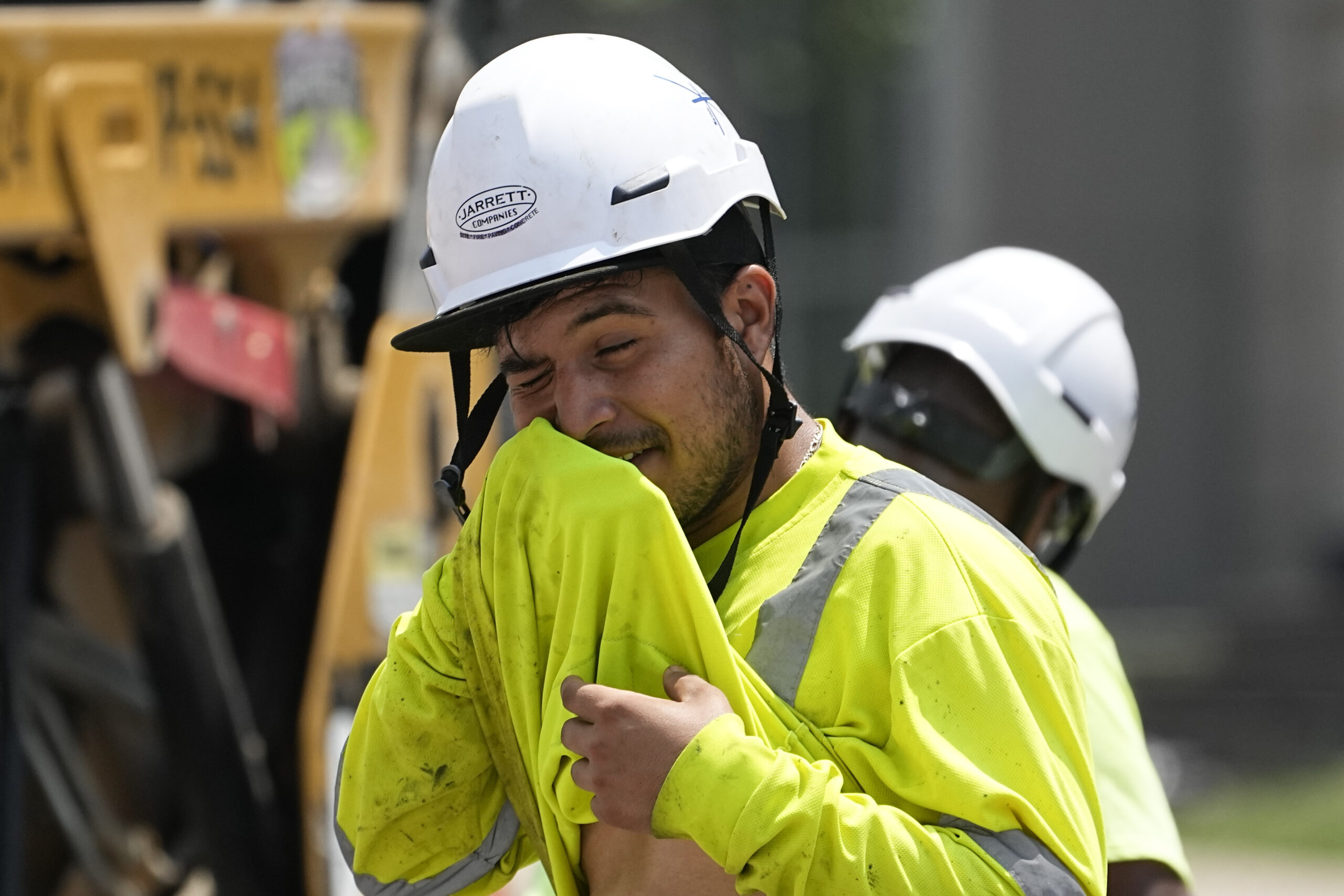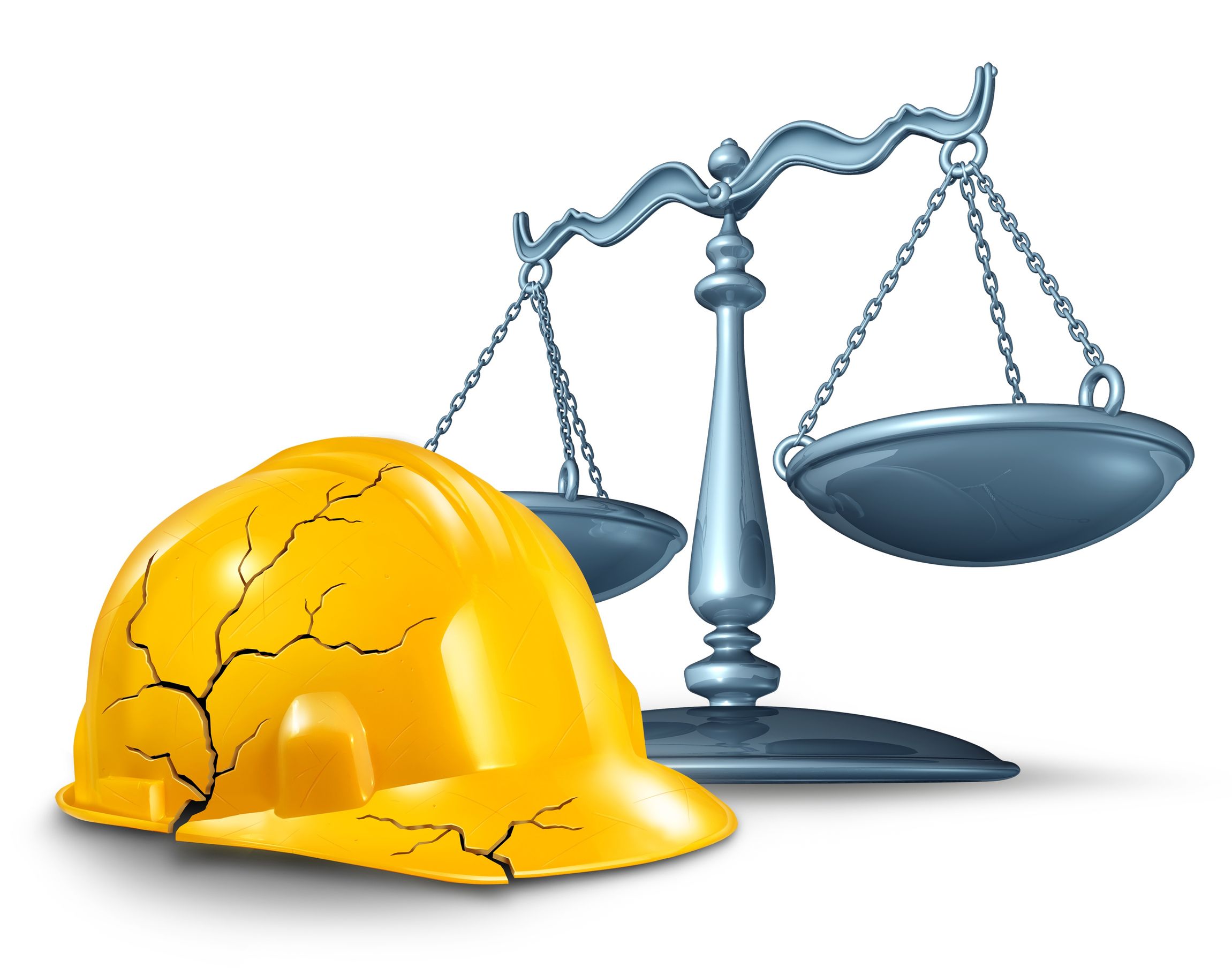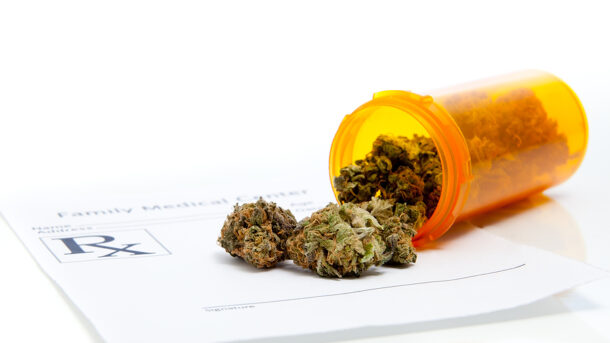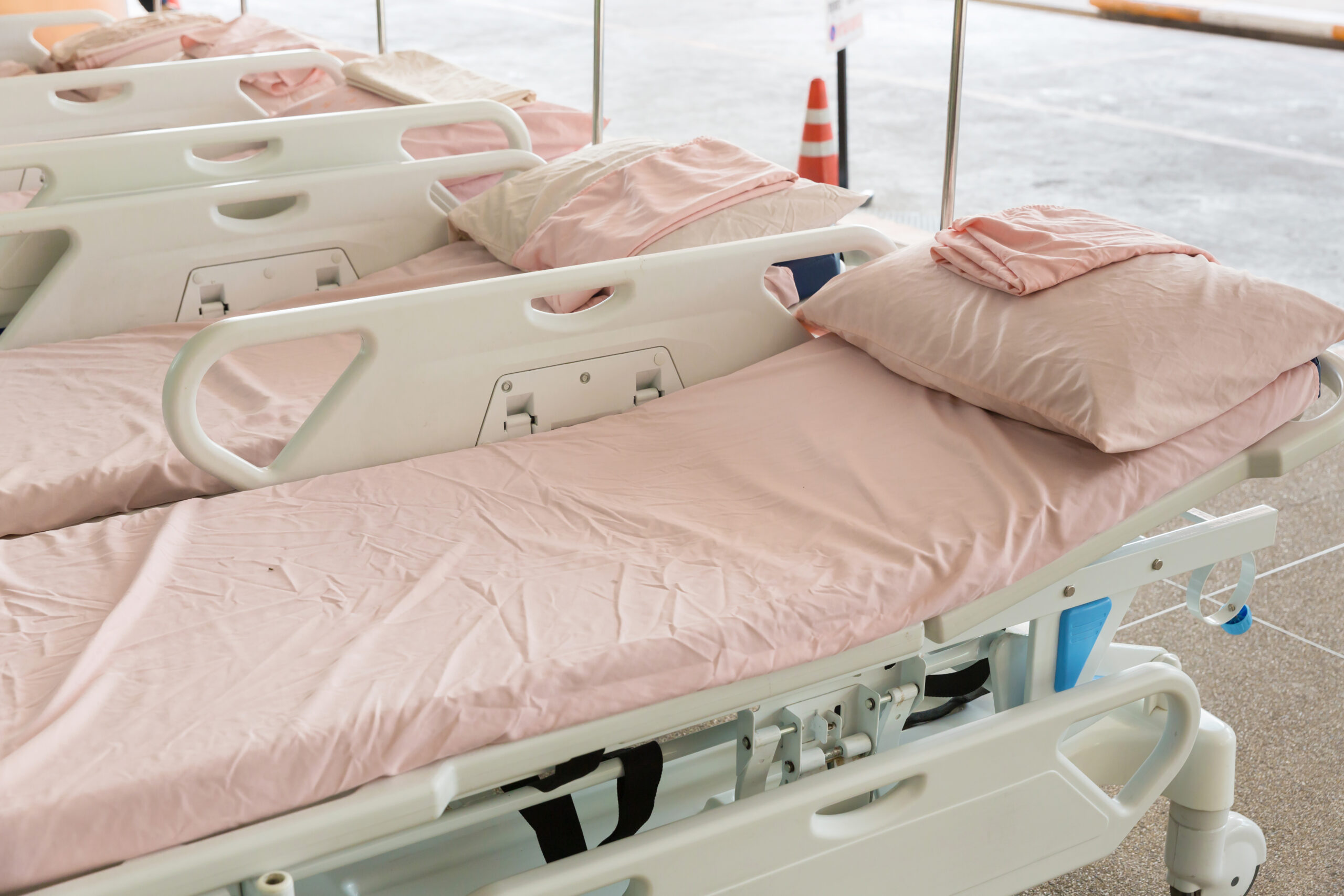Medical costs per claim have begun to rise following a period of relative stability post-pandemic, a new report shows. A...
Workers’ Compensation Research Institute News
A newly released decade-long study by the Workers’ Compensation Research Institute indicates that claims initiated by nurse practitioners (NPs) and...
Workers’ compensation medical payments per claim in California were 10% below the median state of a 17-state study sample for...
Attorney involvement in workers’ compensation claims substantially increases total indemnity benefits paid to workers, a new study of nearly 1...

With temperatures pushing above 90 degrees in parts of the Midwest and Northeast United States this week, many American workers...

Workers’ compensation is a crucial safety net for employees who suffer injuries or illnesses in the workplace by providing financial...

Workers’ compensation patients had a higher prevalence of psychosocial risk factors than private insurance patients, and a stronger association between...

Workers’ compensation insurers have slashed spending on opioids, reducing the risk of addiction and delayed recovery, but now they are...

COVID-19 did not delay medical treatment for workers’ compensation claimants, but did decrease the amount of emergency care and other...
Despite potential obstacles posed by the coronavirus pandemic, injured workers experienced no meaningful delays in access to medical treatment under...
